Israeli settlers befuddled, shaken by Tel Aviv truck bombing claimed by Hamas, PIJ
By Alireza Akbari
A high-intensity explosion ripped through southern Tel Aviv’s Lehi Road on Sunday night, leaving casualties and creating more panic among the already befuddled Israeli settlers.
The explosion came amid the uneasy anticipation of a retaliatory military operation over the assassination of top-ranking Axis of Resistance commanders in Tehran and Beirut that has paralyzed the Israeli regime and settlers in the past three weeks.
Several hours after the explosion took place, which immediately grabbed news headlines worldwide, the Israeli police and the Shin Bet military agency termed it a “suicide bombing.”
In a statement on Monday morning, police and Shin Bet said the explosion resulted from the “detonation of a powerful explosive device.”
Some Hebrew media then claimed the attack was carried out by a Palestinian man from the city of Nablus in the occupied West Bank, without providing further details.
After the Israeli police statement, Palestinian resistance groups came out with a statement, claiming responsibility for it and putting speculation to rest.
Al-Qassam Brigades and Al-Quds Brigades, the military wings of Hamas and Palestinian Islamic Jihad (PIJ) respectively, issued a joint statement, saying the “martyrdom operation” was carried out by them.
“And the Kataib confirms that the martyrdom operations in the occupied interior will return to the fore as long as the occupation's executions and civilian displacement operations continue and the policy of assassinations continues,” read the statement.
CCTV footage of the truck bombing captured its intensity and deafening sound, which prompted many panic-stricken settlers to flee into the streets, bewildered and befuddled.
Police officials immediately issued a heightened alert in the city and launched a hunt for additional suspects, while urging settlers to remain indoors and not panic.
Video shows the moment when the explosion in Tel Aviv took place. pic.twitter.com/czrcQLe9wm
— Palestine Highlights (@PalHighlight) August 18, 2024
According to reports, there is deep-rooted uncertainty and confusion among settlers who are seeking answers to numerous questions. Many said the operation came without a warning, siren, or red alert.
Many have questioned the efficacy and preparedness of the Israeli military and its intelligence apparatus at a time when the potentially bigger retaliatory military operation looms overhead.
Many people took to social media to compare Sunday’s attack in Tel Aviv to daily massacres in the Gaza Strip, where the death toll has surpassed 40,000 in nearly 11 months due to Israeli bombings.
“How are Gazans living every day?” wrote one social media user, pointing to the genocidal war against Palestinians in the besieged territory that has very few takers.
“Very sorry you are scared of the sound of a small bomb in Tel Aviv. You must see in Gaza, they barely notice this noise,” wrote another user, referring to daily bombings and massacres in Gaza.
“Now you realize the pain of Gaza and how much the children are scared every night and day,” wrote another user, after settlers were seen running helter-skelter in panic after the Tel Aviv explosion.
The explosion on Sunday night, according to security experts, demonstrates that the Israeli regime and settlers are no longer safe as the Palestinian resistance and its supporters scale up their operations.
While the Palestinian resistance groups continue to carry out complex military operations against the Israeli regime forces armed with US-made weaponry in Gaza, there have been attacks in Tel Aviv as well.
In early July, an Israeli soldier was killed in a stabbing attack at the Hutzot Karmiel Mall in Karmiel. Police reported that the attacker, a Palestinian citizen from Nahf, was later shot dead.
Almost a month later, two settlers were killed and two others injured in a stabbing attack near Tel Aviv. The attacker was also killed after he carried out the operation.
Video shows the moment when the explosion in Tel Aviv took place. pic.twitter.com/czrcQLe9wm
— Palestine Highlights (@PalHighlight) August 18, 2024
However, the truck bombing is significant, according to observers, as Hamas has not been involved in such an operation since 2016 when 19-year-old Abdul Hamid Abu Srour detonated explosives on a bus in the occupied Jerusalem al-Quds, injuring at least 20 Israeli settlers.
In Tel Aviv, an operation of this kind has not been witnessed since 2006 when fighters of the Islamic Jihad resistance group carried out two bombings on Rosh Hair restaurant in January and April respectively of that year. In the second attack, around a dozen settlers were killed.
In his remarks after the Tel Aviv bombing, senior Hamas leader Osama Hamadan said the Palestinian resistance “launched a new model through the Tel Aviv operation,” warning of things to come.
“The pattern of confrontation over the past months is subject to change and development. Israeli intransigence will push the resistance to further escalate its performance,” he said.
In a statement, Gaza-based Popular Resistance Committees said they affirm that the “return of this path of heroic operations” against the Zionist entity is the “actual response to the crimes of genocide and massacres” committed by it, with American support.
“The martyrdom operation in Tel Aviv marks the beginning of a new and significant phase in striking at the Zionist arrogance and tyranny that kills and slaughters women, children, and infants, and carries out a war of genocide against all aspects of life in Gaza and other Palestinian cities,” it stated.
“This martyrdom operation and the ongoing operations deep within the Zionist entity are proof that our people and their resistance still hold the initiative and have many options to defend our people,” the Gaza-based Mujahideen Movement said in a statement.
Meanwhile, the death toll from the Israeli genocidal war on Gaza has risen to 40,139 with 92,743 others injured, according to a statement issued by the Palestinian health ministry on Monday.
‘All wars have rules. All of those rules have been broken’ by Israel
VIDEO | Report flags India’s violation of rights of Rohingya detainees
Turkey's foreign minister meets Syria's de facto leader in Damascus
'Next to impossible' to rescue patients from Gaza's Kamal Adwan Hospital: Director
VIDEO | Vietnam current prosperity
Report blames gasoil exports for shortage at Iranian power plants
VIDEO | Hind Rajab Foundation names Israeli war criminals vacationing after Gaza genocide
VIDEO | Australians rally for Gaza ahead of Christmas festivities


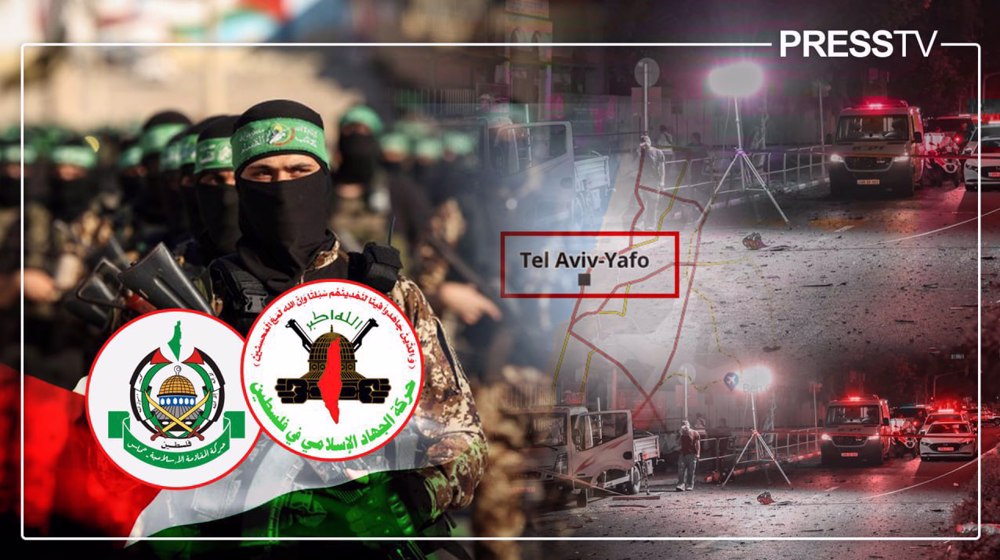
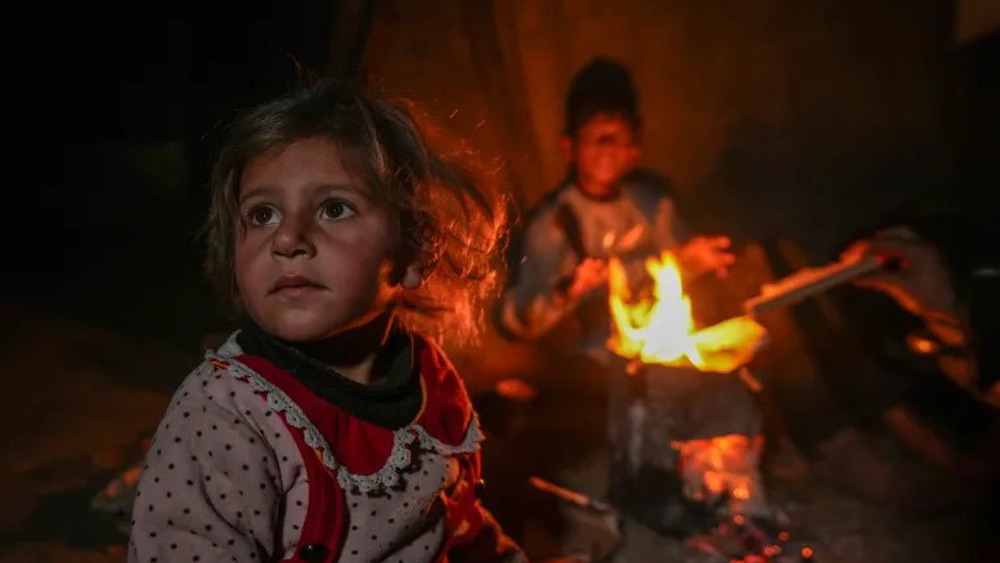
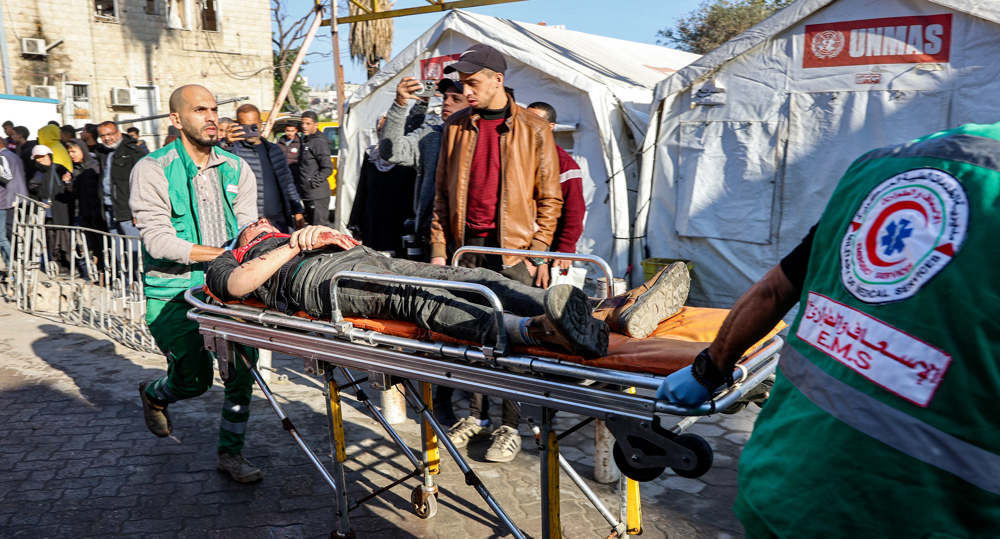




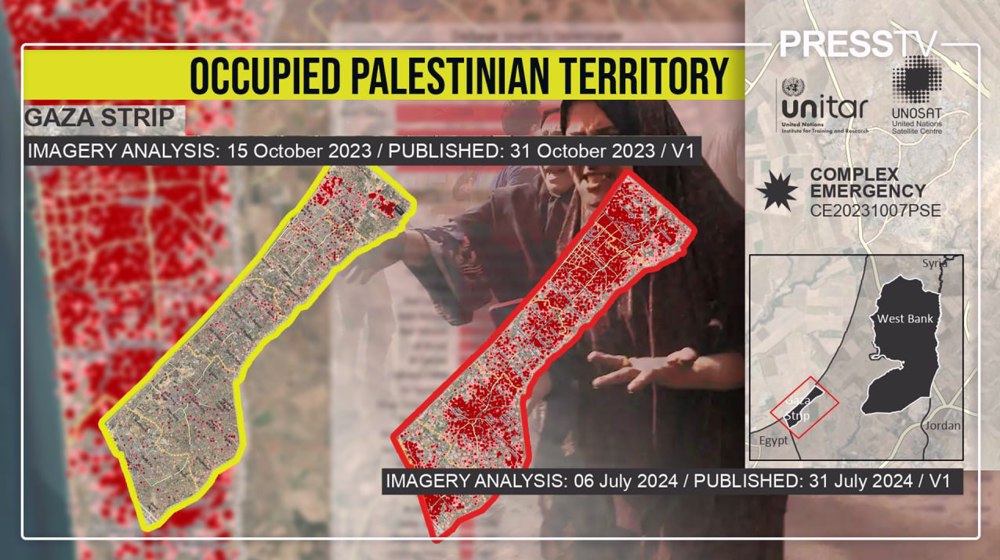
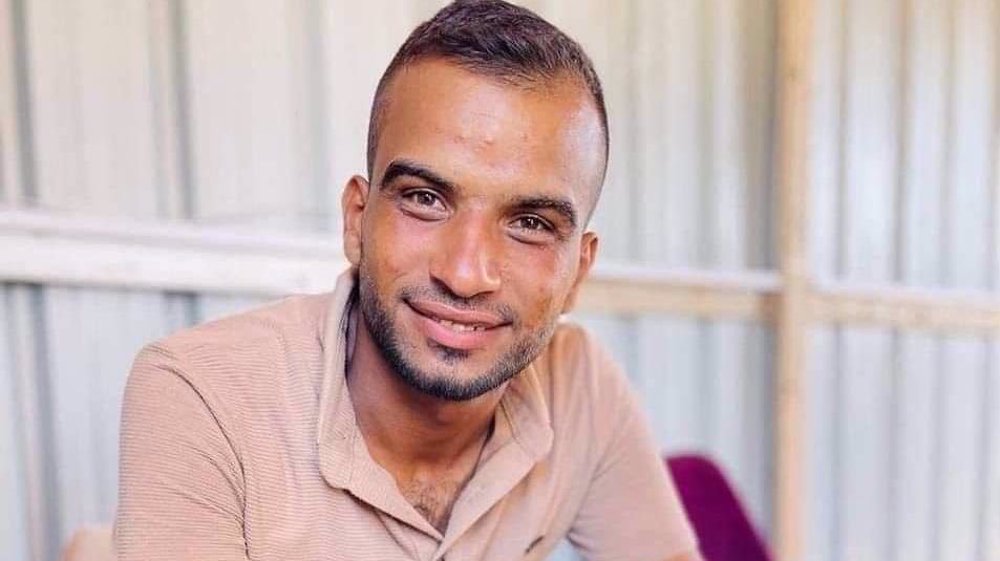
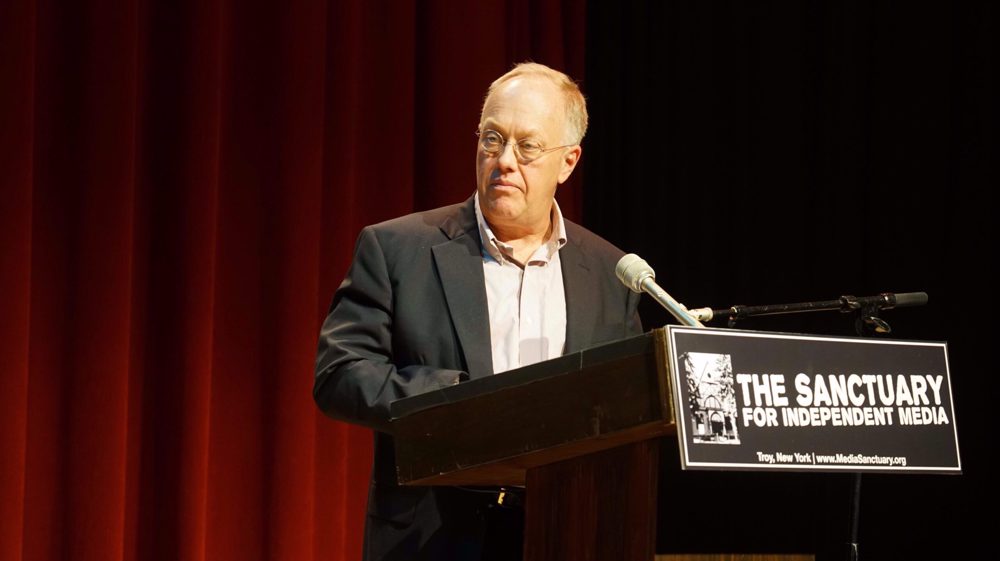
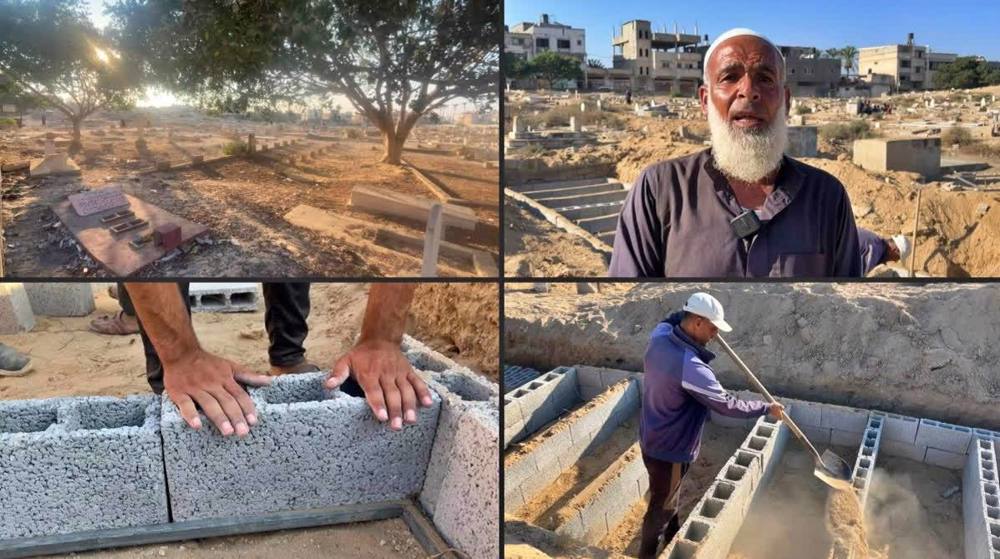
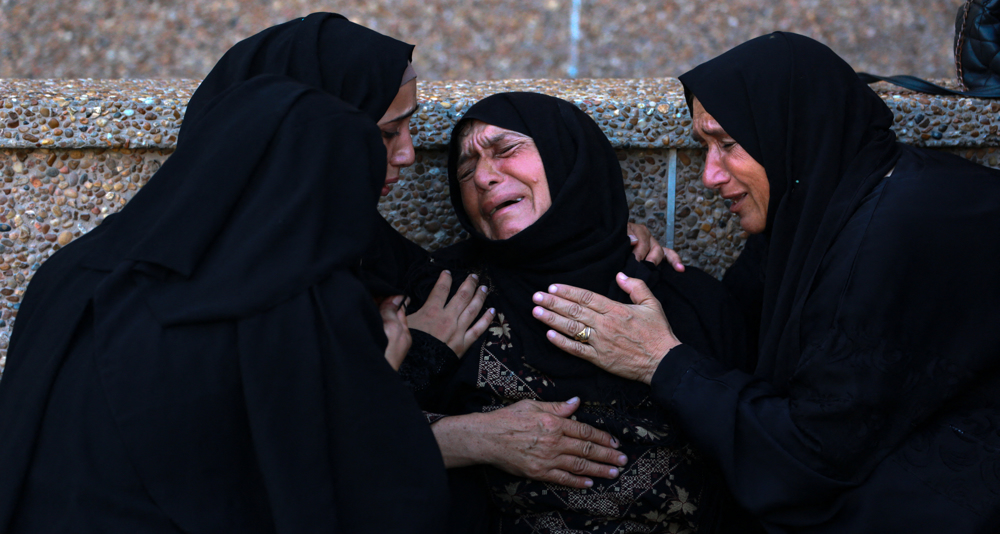

 This makes it easy to access the Press TV website
This makes it easy to access the Press TV website